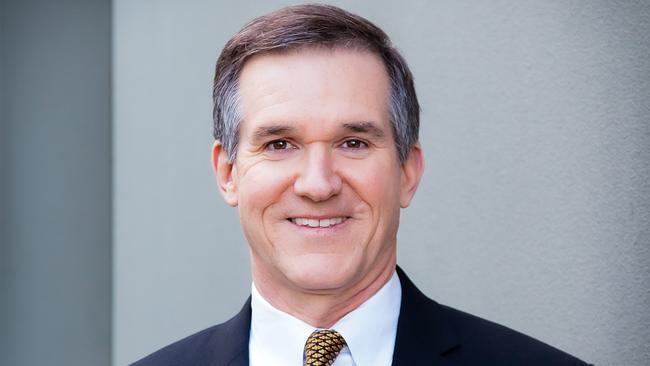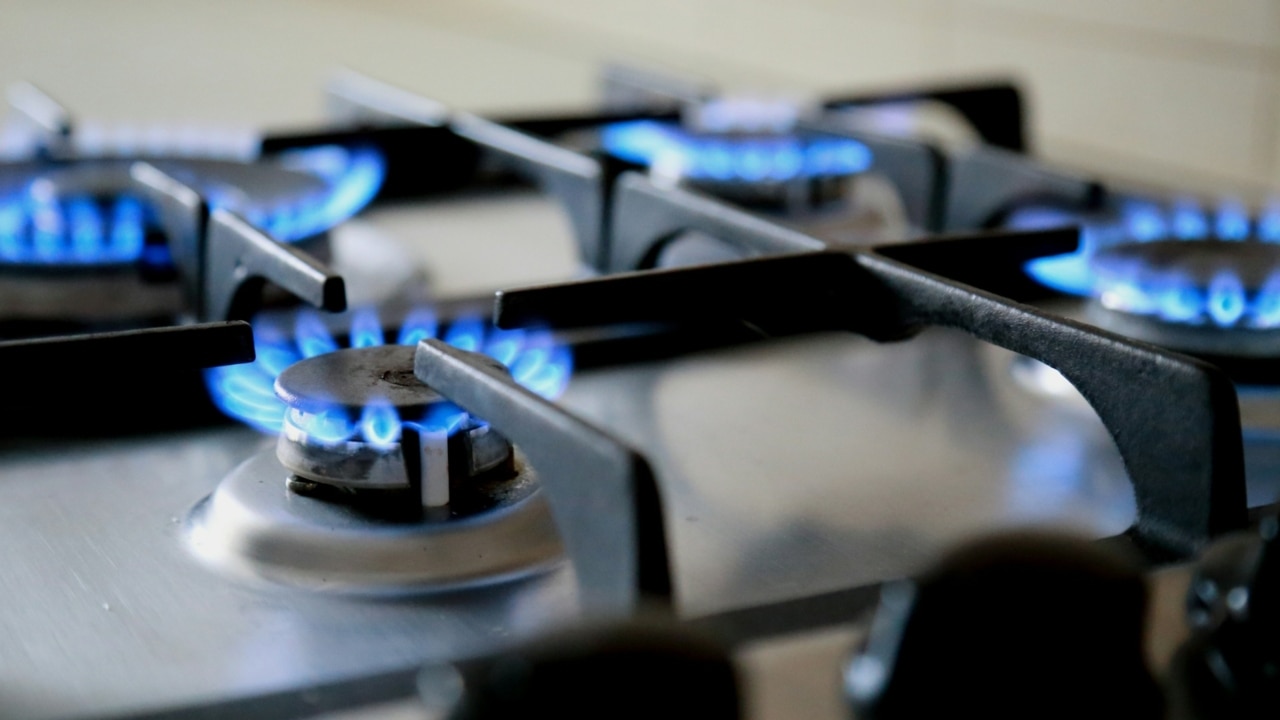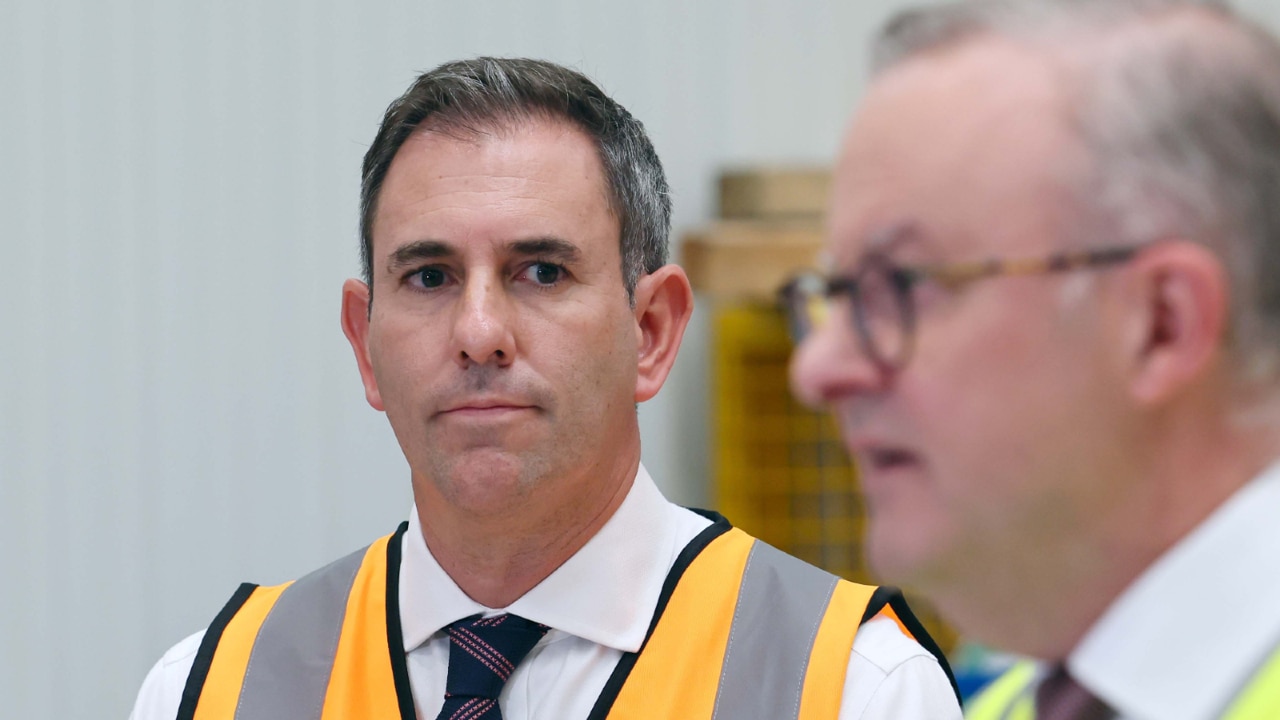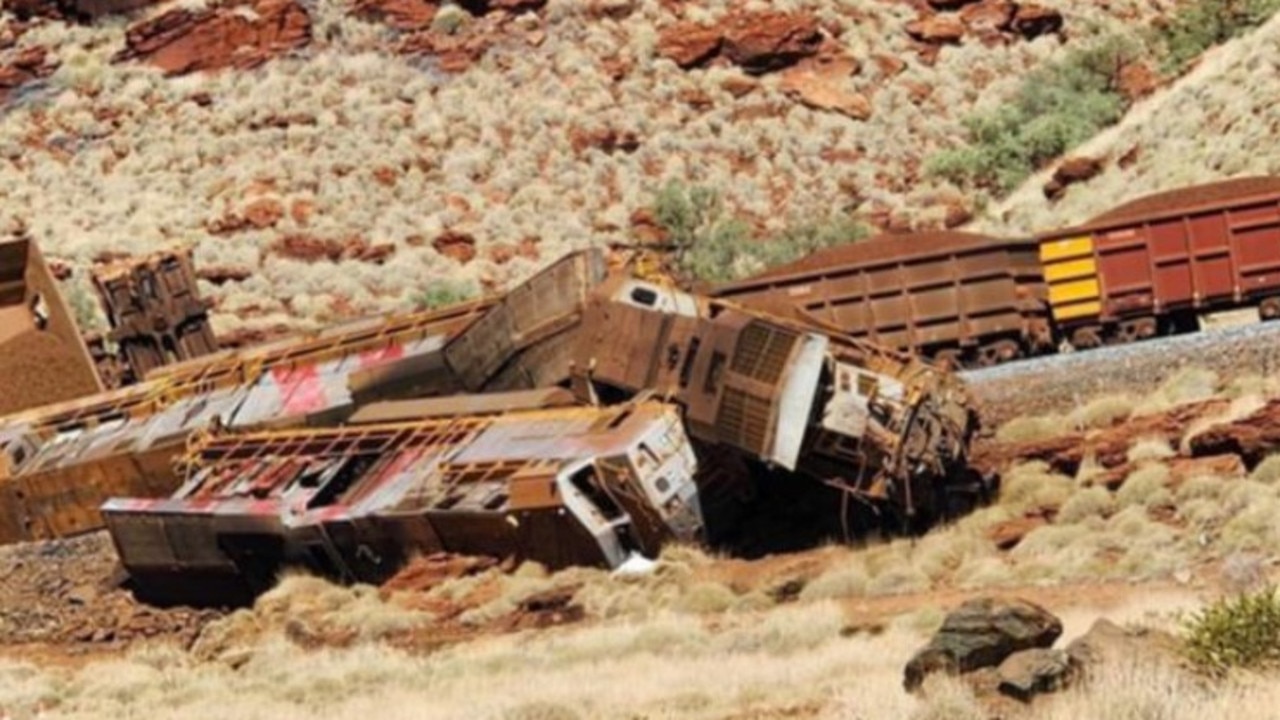Labor’s gas backdown slammed by Chevron
Chevron, one of Australia’s biggest foreign investors, says Labor’s decision to back down on gas approvals has dimmed its appetite for future plans.

Business
Don't miss out on the headlines from Business. Followed categories will be added to My News.
One of Australia’s biggest foreign investors, US energy giant Chevron, has warned Labor’s decision to back down on gas approvals has dimmed its appetite for future investment needed to safeguard tens of thousands of jobs and regional energy security.
Labor on Thursday last week withdrew legislation that would have closed a legal avenue exploited by environmentalists to curtail new LNG developments, after striking a deal with The Greens for support of its wider legislative agenda.
The decision clouds the future of Australia’s most important industries and exacerbates concerns about regional energy security.
Chevron Australia’s managing director Mark Hatfield said Australia has been historically considered a safe and reliable investment destination, but recent actions by the federal Labor government undermine that reputation.
“Most of the fundamentals that gave us the confidence to invest in Gorgon and Wheatstone remain. However, recent regulatory and policy shifts have been cause for concern,” Mr Hatfield said.
“While no single policy or regulatory change alone may act as a deterrent to future investment, the cumulative effect of these shifts is challenging Australia’s investment appeal at a time when global competition for capital has intensified.”
Government sources said it did not abandon the pledge, and rather would continue to consult and refine it, so it could pass through parliament.

But the LNG industry has interpreted the decision as what they consider Labor’s indifference towards gas, and prominent companies worry they could be targeted as long as the legal avenue remains open.
The government had assured the industry earlier this year it would move to define who offshore gas developers would need to consult after Santos suffered damaging delays when Indigenous claimants alleged the company had failed to consult with them prior to works beginning on its $5.7bn project.
A Federal Court judge dismissed one claim against a critical 262KM pipeline, while Santos was forced to submit a new environmental plan, costing months.
While Santos was able to mitigate much of the impact, it still now expects first gas to be some three months later than initially expected and the project will cost some $US300m ($456.3m) more.
Efforts to define specifically who must be consulted with first is vehemently opposed by environmentalists, insisting the industry is moving to curtail Indigenous rights.
But Mr Hatfield dismissed those suggestions.
“Contrary to claims made by some, the proposed legislation was not about diluting the rigour of environmental approvals or the rights of traditional owners. It was about providing clarity and certainty for all stakeholders,” Mr Hatfield wrote in The Australian.
While the uncertainty exists, LNG giants are understood to be cool on more investment in Australia.
A lull of investment is unlikely to have immediate supply impacts, but investment in new drilling is consistently required to ensure continued, long-term supplies.
LNG is typically exported, but bolstering supplies of gas would help put downward pressure on domestic prices.

Gas, however, remains deeply divisive in Australia. While energy companies and impartial industry figures such as the Australian Energy Market Operator have stressed the importance of gas, it remains deeply unpopular with some pockets of the community.
Environmentalists have managed to persuade a growing number of voters that gas is not needed and it can be easily substituted with renewables.
However, gas plays a critical role in Australia’s manufacturing sector and domestic electricity generation, Mr Hatfield said.
Australia’s manufacturing sector typically uses gas for its energy needs and cannot easily substitute for alternatives,
“Gas also supports major industries in their efforts to reduce the carbon intensity of their operations while meeting increasing power demand. Take the Pilbara, where a major miner is replacing diesel power generators with gas-fired power until at least the early 2050s to support the electrification of their mine vehicle fleets,” Mr Hatfield said.
LNG could also play a vital role in safeguarding Australia’s east coast electricity market.
Australia’s east coast aces a looming shortfall.
AEMO earlier this year warned that the region may have supply shortfalls as soon as next winter, forcing some generators to burn diesel to guarantee electricity supplies.
One possible solution would be importing LNG into Australia’s east coast via so-called import terminals, vital if the likes of Victoria — the country’s most gas dependent state — is to guarantee electricity supplies and curtail possible price rises.
Gas power generators will typically fire-up during peak demand periods or when there is insufficient renewable energy generation capacity.
Without sufficient gas, Australia could be forced to use coal for longer, undercutting national efforts to curtail emissions. Coal typically emits more carbon dioxide than gas.
Originally published as Labor’s gas backdown slammed by Chevron





